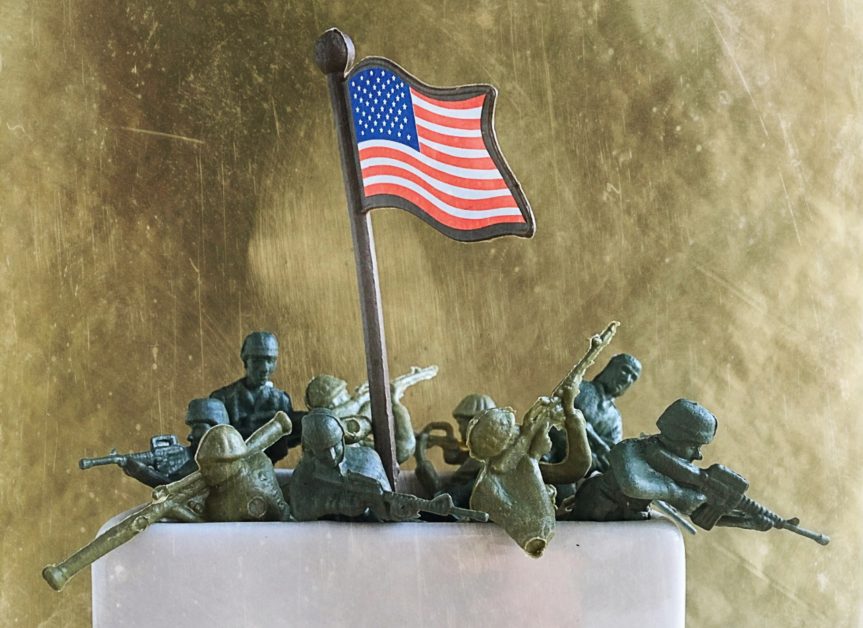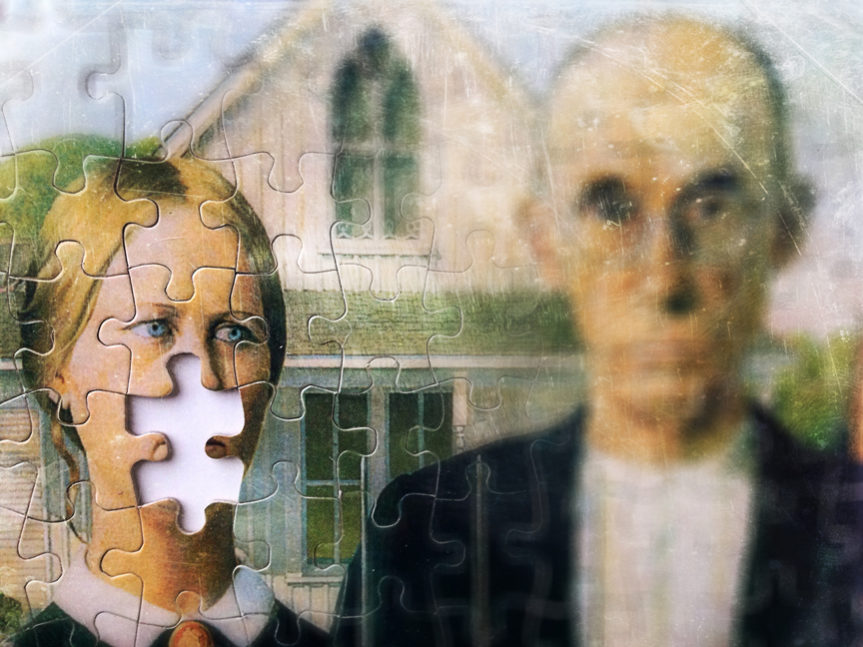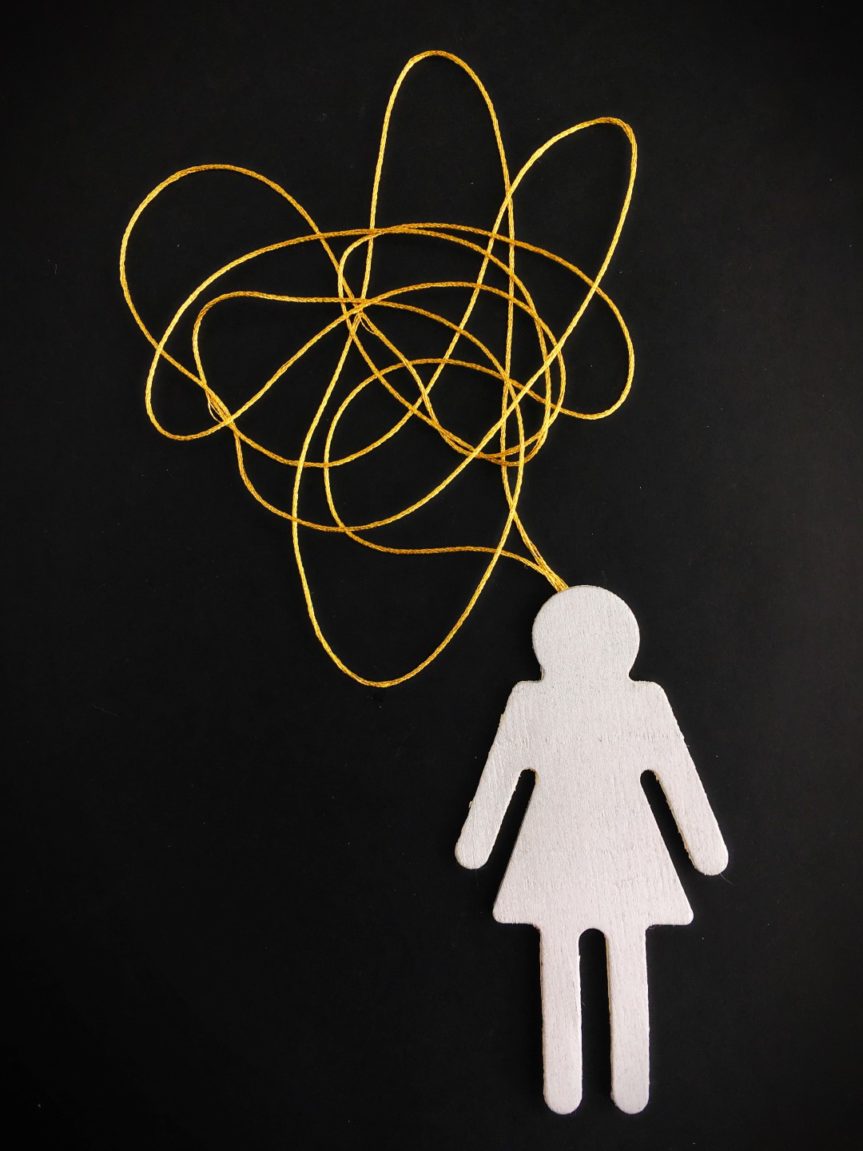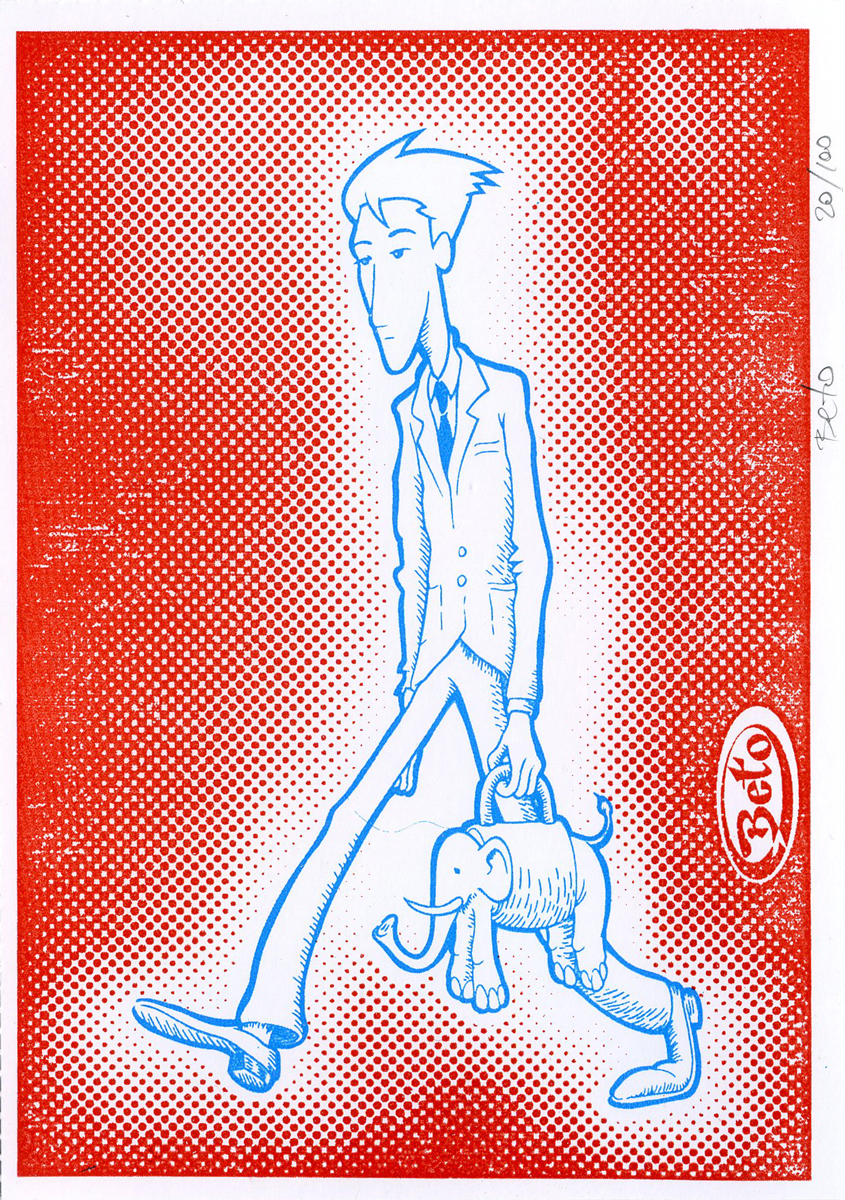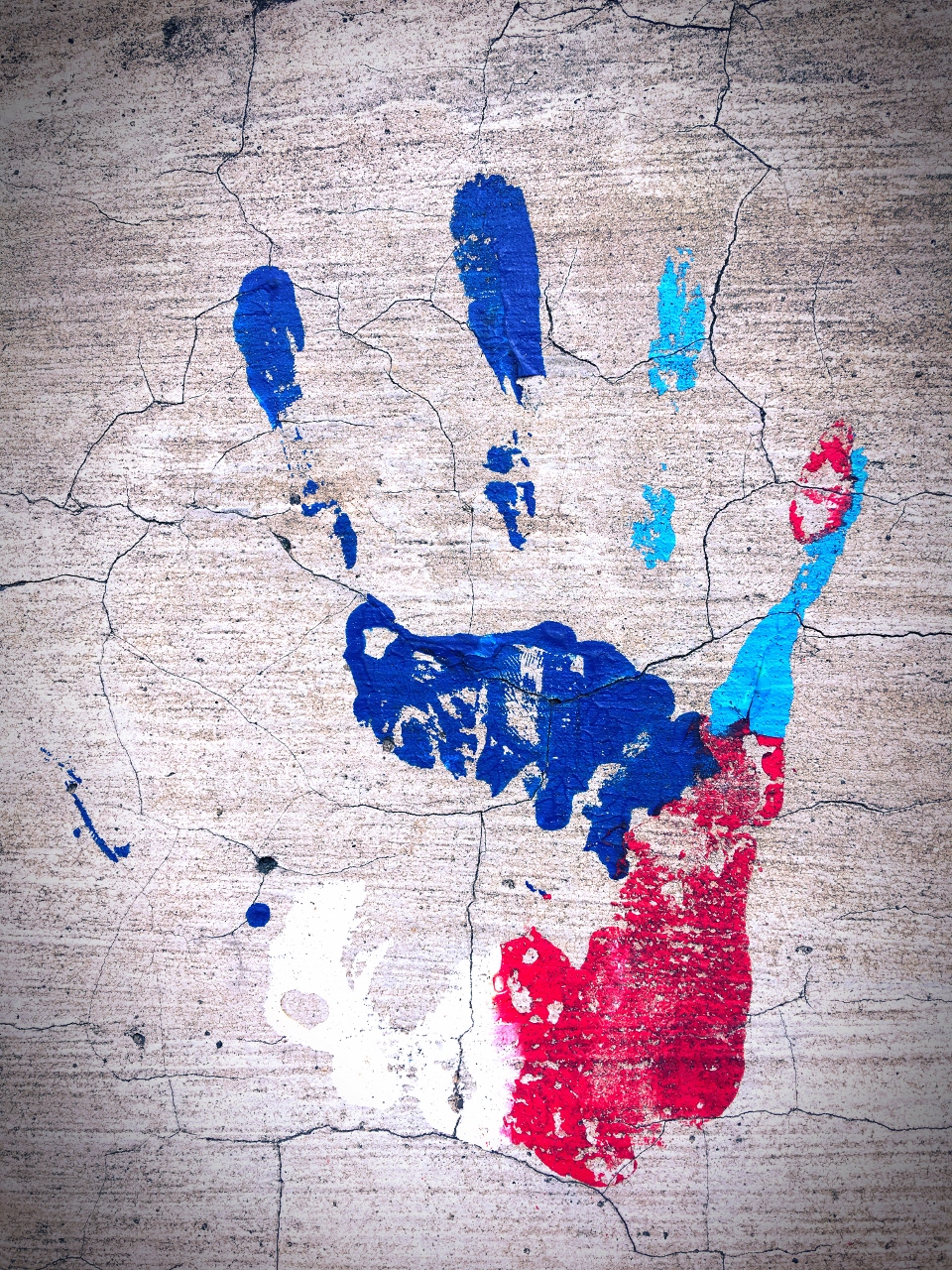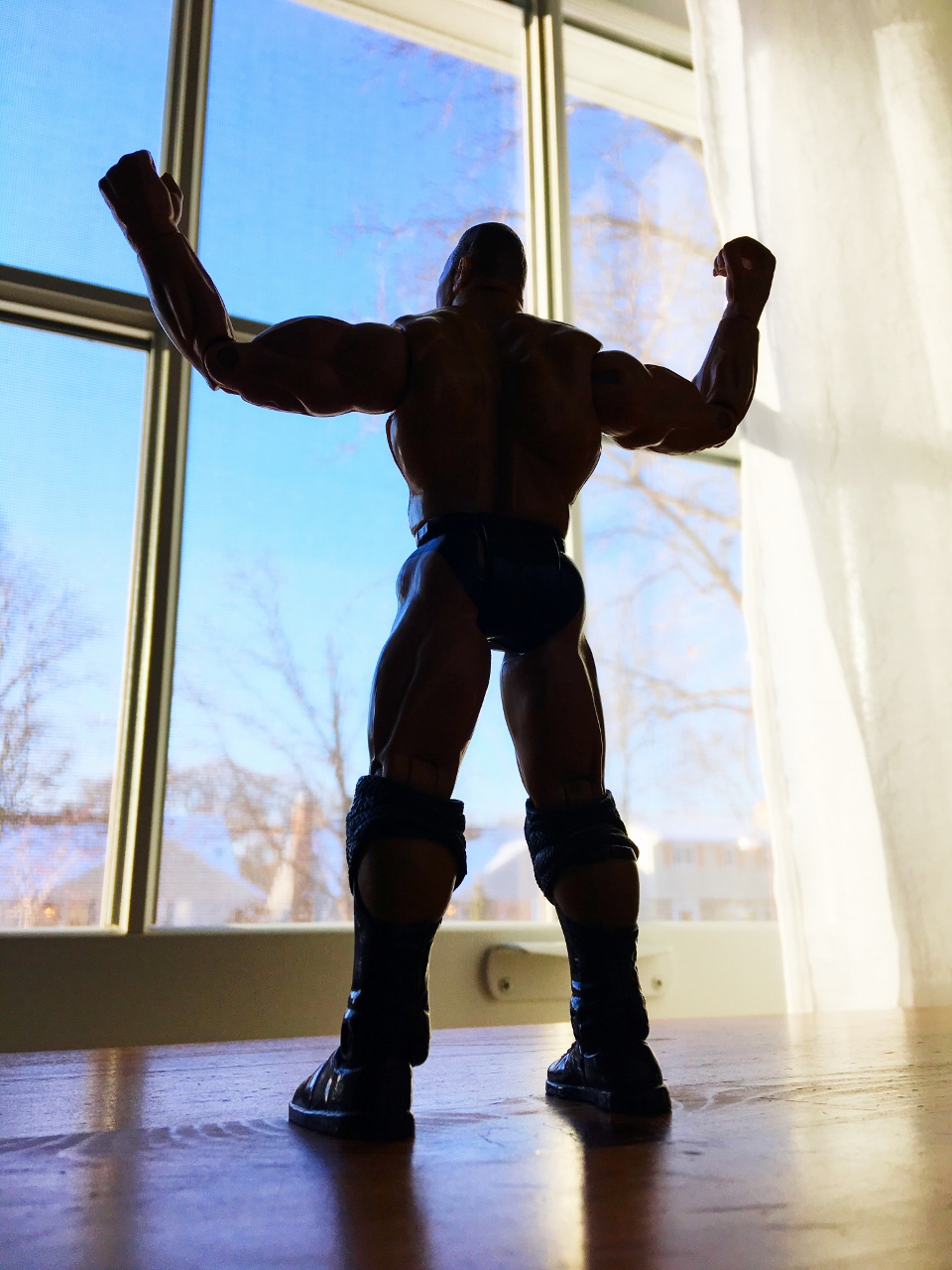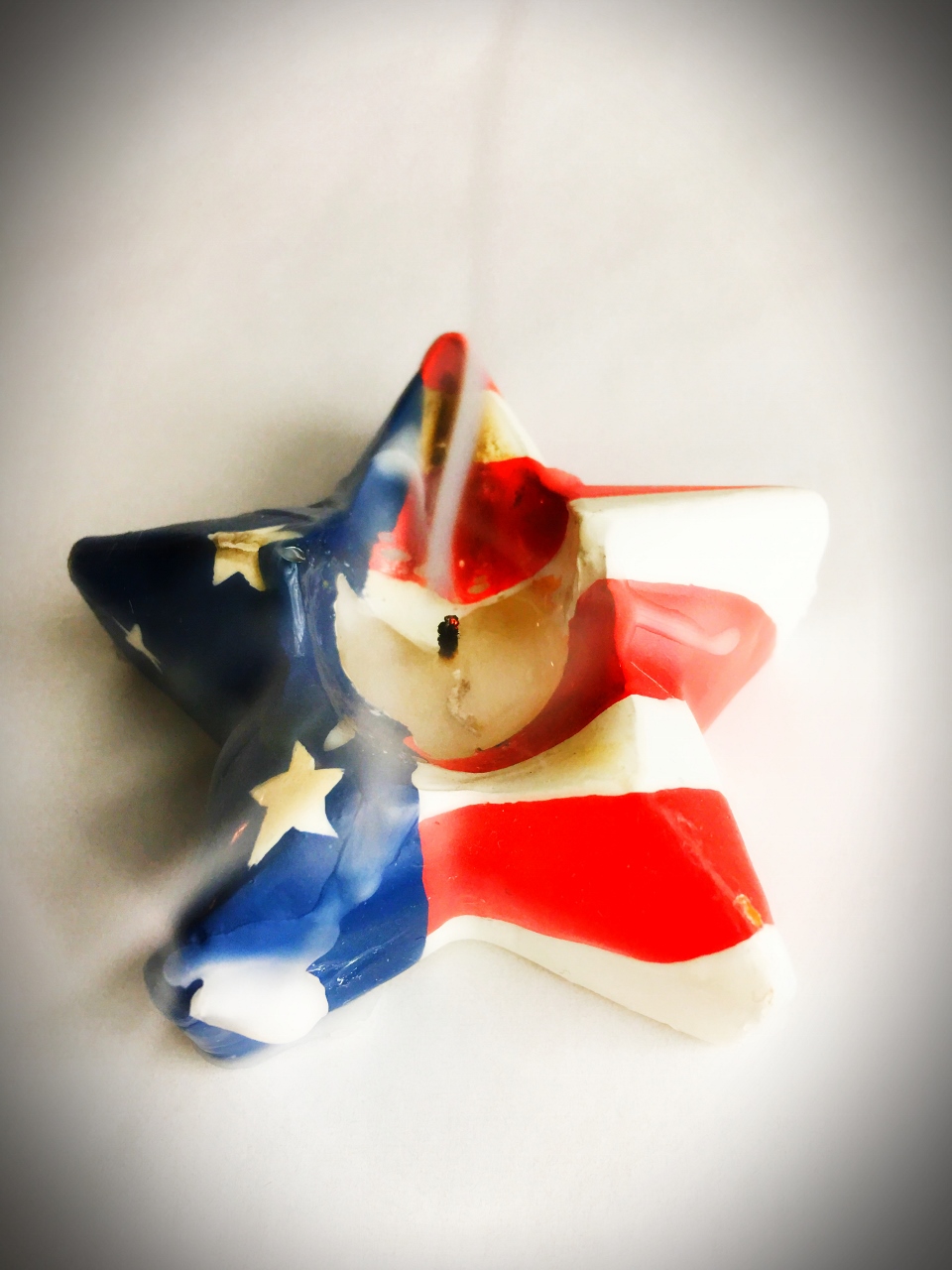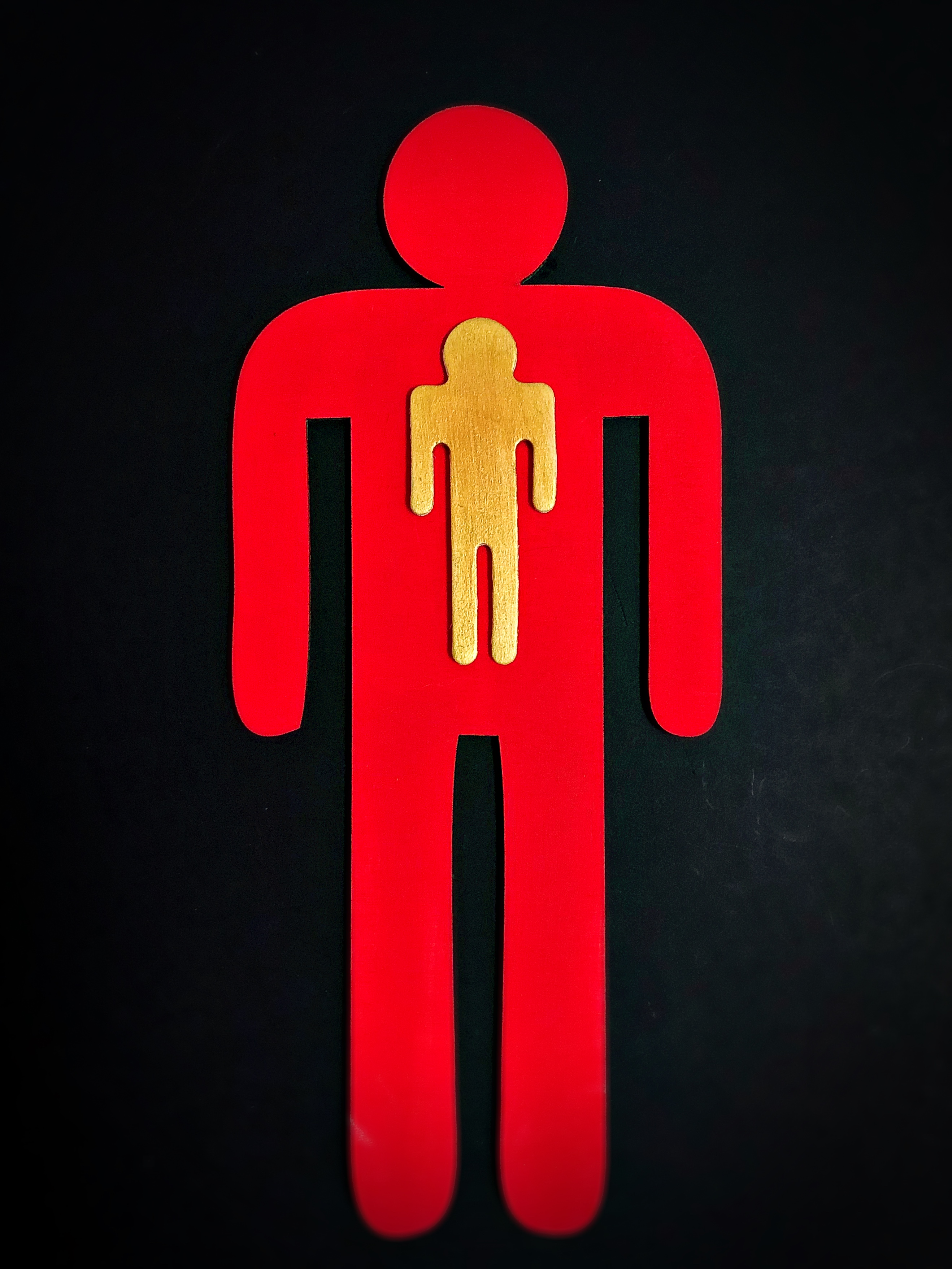
By Kristin Ohlson
I first saw Frank when I was twelve, a jittery small-town California girl during my first week in a public school at the weedy edge of town after six years at tiny St. Thomas Elementary School. I would now eat lunch in a cafeteria instead of bringing a mortifyingly wholesome meal packed by my mother. I was in the cafeteria line, thinking less about the sulfurous vats ahead than about where I would sit with my tray. Then I beheld this boy on the other side of the counter helping the lunch ladies, wearing a hair net and smock just as they did. It did nothing to diminish his beauty. I experienced my first sexual swoon, my brain lighting up with the astounding and unprecedented words, “I want to kiss him.”
Not that I had never fallen in love before. Since the age of three, I had been in love with my cousin Judy’s husband Pete. I’m sure every girl or gay boy was in love with him. He was as handsome as a movie star (think George Maharis, but laughing instead of smoldering) and always kind, and he was the star of the summer lake scene. He once jumped from the top of a boathouse in a tuxedo to land on one ski and slalom merrily away from a wedding, a ten-foot watery rooster tail bursting in his wake.
But I never desired Pete; I just adored him. I hadn’t desired any boys in my short life. I hardly noticed them unless I wanted to beat them at some game. A few had crushes on me. A boy named Clifton sat near me in second grade and pointed to a picture of a pot of honey in a book and then gestured at me, suggesting that I was sweet. A boy named Jimmy—he looked just like The Little Prince, which was not an asset—gave me a necklace and took me to the movies (with his parents) in the third grade. But I was dedicated to horses and books and searching for arrowheads and buried temples. I wasn’t interested in boys or even flattered by their attention.
But that vision of Frank flipped a switch. I tried to spot him when we were outside for recess—there were eight classrooms each for seventh and eighth grade, and he was in the eighth grade wing—and observed him from behind the curtain of my friends. His dark hair was on the long side before long hair was a countercultural totem, and he was skinny—pretty much everyone was skinny in the early 1960s. He might not have been as shy as I was, but he seemed quiet and nice. He looked unvarnished by money and expectation, and this appealed to me and, maybe, set a pattern for life. My parents were among the more monied families in our little agricultural town, and it was a constant source of discomfort. Frank was different from the boys my parents would later urge me toward, boys who had been given everything and still hungered for more.
I couldn’t help talking about him to my friends, and they couldn’t help teasing me. When my friend Kimmie and I rode my horse, me in front and her behind, she’d nuzzle the back of my neck and croon, “It’s Frank!” When my friends and I danced into the sunshine of recess, they’d sing out his name, knowing that would make me bolt back into the shade. I’m sure he had some inkling that there was this seventh-grade girl who was crazy about him, but the more I pined for him, the more terrifying his presence was. My friends finally approached him and set up a rendezvous that was supposed to take place in one of the hallways during recess, but I panicked and hid in one of the bathroom stalls until long after the bell rang.
And that was that. However much (or little!) his interest had been piqued, it was clear that getting to know me was too much trouble. I think I stopped talking about him to my friends, and they stopped teasing me. He graduated from middle school and went on to high school. I went on to boarding school and off to a college across the country and wound up living in Cleveland for forty years. I never saw him again.
Until I found him on Facebook a few months ago during a bout of procrastination that included looking up girl friends from long ago—including a clever mean girl who made my life miserable off and on—a few old boyfriends, and Frank. And there he was, fifty-eight years later, still in the Sacramento Valley near our hometown, still pretty freaking cute despite the inevitable weathering. But now a Trump supporter, now with a wife who looks like a blonde, toned Fox News host, now an insurance agent.
Friends ask if I have spent hours looking at his profile because I daydream about, “What if we had gotten together?” But that’s not it. I’ve had a lovely man in my life for going on six years—I finally learned to say “I want YOU”—and don’t muse about other possible pairings.
Part of the fascination is that stalking Frank on Facebook allows me—a liberal now in Portland, Oregon—to ponder the nuances of someone who’s fulminating at the other end of the blue/red spectrum. Because he keeps surprising me, both with the extremity of his Trumpy ideas and with ideas that people like me assume people like him never have.
I roll my eyes when he calls California “Commiefornia” and when he calls the governor “Nuisance” instead of Newsom. Also when he posts right-wing articles from faux news websites like www.yourbrotherinlawsbasement.com—I made that one up, but they’re all about that credible. Most infuriating, most bewildering, he and most of his friends are among the nearly one-third of Americans who think Trump lost because of voter fraud. One of his Facebook friends claimed to have voted for Biden 400 times in Florida and another 700 times in Pennsylvania. Hilarious!
But he doesn’t completely insulate himself with Trump dogma. Among his Facebook friends are a few that cop to different thoughts. He posted a question several months ago asking who voted for Biden, and when a few brave souls admitted that they had, he was respectful. And when one of his Trumpy friends said that the real criminals were the people who voted for Obama, Frank outed himself as one of them—leaving me to agonize again at the cultural shredding that’s been going on since he and I were on the same side of the ballot.
Frank has surprised me in other ways, too. Despite succumbing to so much misinformation—maybe we should call it malinformation—he routinely pushes everyone he knows to get the Covid vaccine and puts up with no small amount of shit for it, all in a good-humored way. When the vaccines first started to become available, he announced over and over where people in his area might find them. Now he posts stats from local hospitals showing the huge discrepancy in illness and mortality between those who are vaccinated and those who are not—and he keeps at it, no matter how many wacky claims some of his friends make in response.
And I don’t know what inspired it, but one day last March he posted a big colorful box saying, “Stand Together Against Asian America Hate.” Fourteen of his friends liked that post, but no one commented. It seemed a risky thing to say if you’re running in a deep red crowd and you revere a former president who seems eager to stoke hatred of Asian Americans. I was proud of him. I almost gave a thumbs up to the post myself—just as I’ve almost argued with many of his other posts—but am determined to remain an anonymous stalker, one who will soon ditch this preoccupation altogether.
Still, I’ve come to realize that I would probably like Frank if I knew him in person. Not “like like,” as my grandchildren would say, but appreciate him even though I disagree with most of what he thinks and would probably loathe many of his friends. He seems kind and is always posting messages about various people in the community who need help. Most of his recent posts have been about the fires that ripped through the west coast. We could at least share our anguish about that.
I can’t help but wonder how much more we would share if I hadn’t left my hometown, along with everyone else in my family. We’ve all learned over the past five or so years how much individuals are shaped by the company we keep and the communities in which we live, how both taste and truth seem to have their own terroir. Would I look more like his female friends than the women I’ve surrounded myself with in Portland, all of us flaunting our gray hair instead of dying it? Would I still have two different containers of artisanal kimchi in my refrigerator? Would I be reading different books—maybe more Jody Picoult and less Elena Ferrante? And would I be simmering along with Frank—sometimes with humor, sometimes with fury—about Trump’s claim that the election was stolen? My old crush’s Facebook page brings that other possible self into focus, and it’s hard to look away from her.
•••
KRISTIN OHLSON is the author of The Soil Will Save Us: How Scientists, Farmers and Foodies are Healing the Soil to Save the Planet, which looks at the movement to create a new agriculture that respects nature, heals landscapes, and produces plenty of food. Based in Portland, Oregon, she is an independent journalist who has published articles in the New York Times, Discover, Gourmet, and many other publications. Her work has been anthologized in Best American Travel Writing and Best American Science Writing. Her new book, Sweet in Tooth and Claw: Stories of Generosity and Cooperation in the Natural World, will be published by Patagonia in September, 2022.

 Follow
Follow
